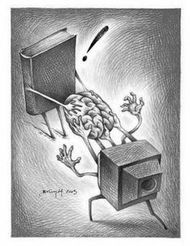 image credit: Pinterest image credit: Pinterest by Nicolina Givin I sat on my couch on the fourth of October and flipped through the channels on my television. I caught a glimpse of Emily Blunt grabbing a blonde by the back of her head and dragging her onto the floor. The title, The Girl on the Train, flashed at the end and I was in bewilderment. “That’s a movie now?” I thought to myself. The movie was released to theaters on the eighth. I picked up the novel, which had been sitting on my bookshelf for some time, and opened the cover, ready to finally read what everyone was about to see on the big screen. I could not have the world tell me the plot and ending before I could figure it out myself; I had to finish it before the movie release. Why was I motivated soon after that preview to read the book rather than when I first purchased that book eight months prior? The answer was always sitting there on my bookshelf, but the media pushed me towards it and spoke clearer to me in that thirty-second preview.
0 Comments
Leave a Reply. |
Archives
April 2024
Categories
All
|
|
Glassworks is a publication of Rowan University's Master of Arts in Writing 260 Victoria Street • Glassboro, New Jersey 08028 glassworksmagazine@rowan.edu |
All Content on this Site (c) 2024 Glassworks
|

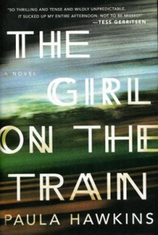
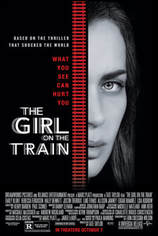
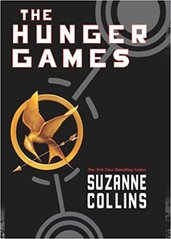
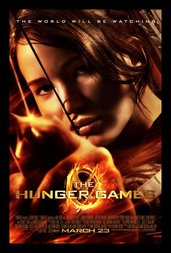
 RSS Feed
RSS Feed
